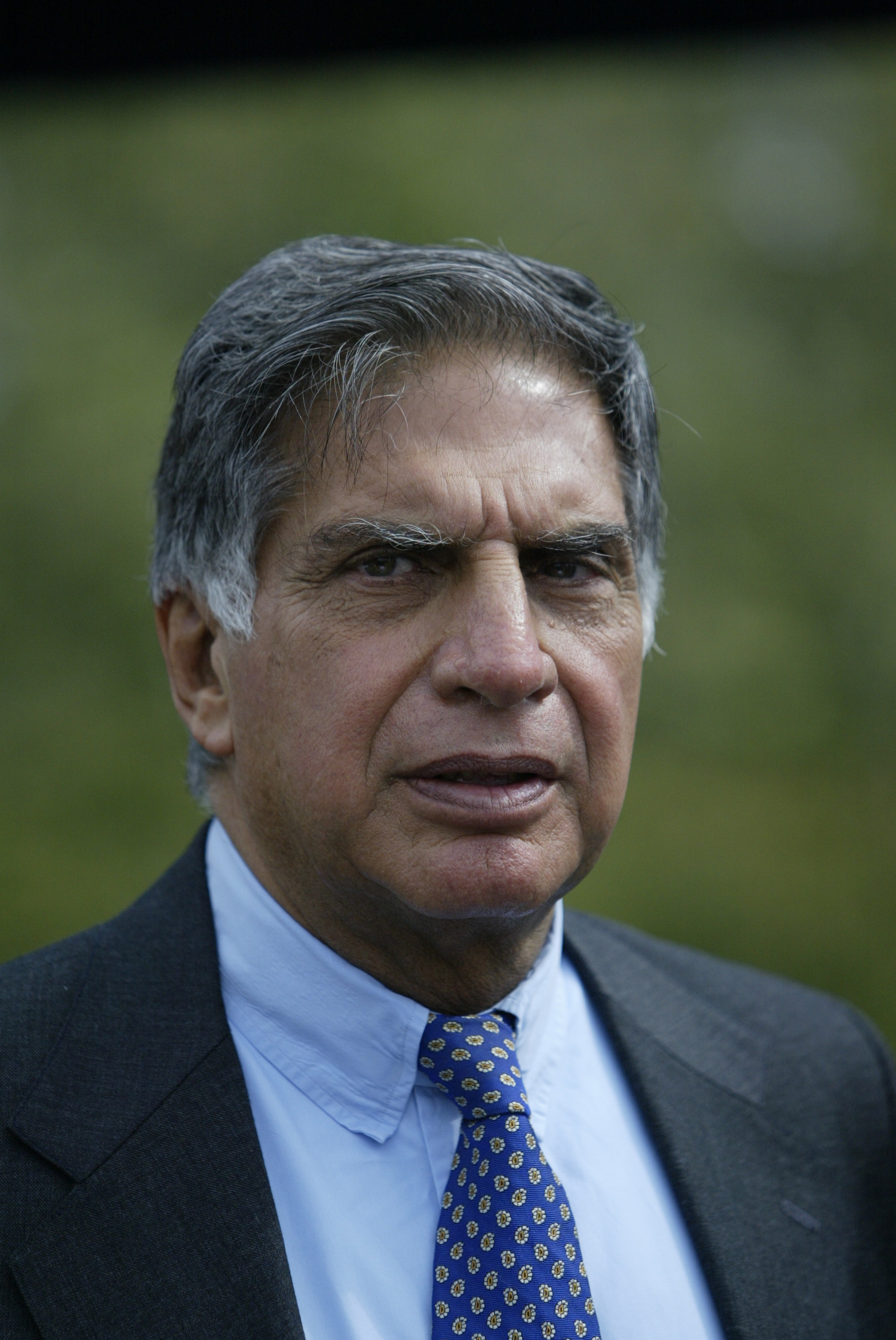Ratan Tata, an iconic figure in Indian business, passed away on October 9, 2024, at the age of 86. His life and legacy are a testament to visionary leadership, innovative thinking, and profound philanthropy. This blog post will explore his journey from birth to his impactful career and enduring influence.
Early Life and Education
Birth and Family Background- Ratan Naval Tata was born on December 28, 1937, in Bombay (now Mumbai), India. He was the son of Naval Tata and Sooni Commissariat. His parents separated when he was just ten years old, leading him to be raised by his grandmother, Navajbai Tata, at the Tata Palace. This upbringing instilled in him strong values and a sense of responsibility that would shape his future endeavors.
Education- Ratan Tata attended several prestigious schools, including Campion School and Cathedral and John Connon School in Mumbai. He later moved to the United States to pursue higher education at Cornell University, where he earned a degree in Architecture. He also completed an advanced management program at Harvard Business School in 1975
Rise to Leadership- In 1991, Ratan Tata succeeded J.R.D. Tata as chairman of Tata Sons. His appointment came at a crucial time when India was undergoing significant economic reforms. Initially met with skepticism from some quarters, Ratan quickly proved his mettle by modernizing the group and expanding its reach into new sectors
Strategic Acquisitions- Under Ratan Tata’s leadership from 1991 to 2012, the Tata Group underwent a remarkable transformation. He spearheaded several high-profile acquisitions that expanded the group’s global footprint:
- Tetley Tea (2000): This acquisition marked a significant step in establishing Tata Tea as a global player.
- Corus Steel (2007): The purchase of this British steelmaker positioned Tata Steel as one of the largest steel producers in the world.
- Jaguar Land Rover (2008): This acquisition not only diversified the automotive portfolio but also enhanced the group’s reputation internationally
Innovative Products- Ratan Tata was also known for his commitment to innovation. One of his most notable projects was the launch of the Tata Nano in 2008, aimed at providing an affordable car for Indian families. This initiative showcased his vision for making automobiles accessible to a broader segment of society.
Philanthropy and Social Contributions
A significant aspect of Ratan Tata’s legacy is his commitment to philanthropy. Over 65% of his shares in Tata Sons were allocated to charitable causes, emphasizing his belief in giving back to society. His contributions have significantly impacted various sectors, including education, healthcare, and rural development across India.
Awards and Recognition
Ratan Tata’s contributions have been recognized through numerous awards:
- Padma Bhushan (2000): India’s third-highest civilian award.
- Padma Vibhushan (2008): The second-highest civilian honor.
- Oslo Business for Peace Award (2010): Recognizing his ethical business practices.
- Knight Grand Cross of the Order of the British Empire (2014): One of the UK’s highest civilian honors awarded by Queen Elizabeth II
Life After Retirement
Even after stepping down as chairman in 2012, Ratan Tata remained active in various ventures. He invested in several startups like Snapdeal and Ola Cabs, demonstrating his continued interest in fostering innovation within India’s burgeoning entrepreneurial landscape
Personal Life
Despite his high-profile career, Ratan Tata led a relatively modest life. He was unmarried and preferred living simply in Mumbai while enjoying driving cars from his own company
Legacy
Ratan Tata’s death marks the end of an era for Indian industry. His leadership not only transformed the Tata Group into a global conglomerate but also set a benchmark for ethical business practices and corporate responsibility. His vision has inspired countless entrepreneurs and business leaders worldwide.
Conclusion
Ratan Tata’s life journey—from a young boy raised by his grandmother to becoming one of India’s most respected business leaders—reflects resilience, innovation, and compassion. His legacy will continue to influence future generations as they navigate the complexities of business and social responsibility.In remembering Ratan Tata, we celebrate not just a businessman but a philanthropist whose contributions have left an indelible mark on society. His story serves as an inspiration for aspiring leaders everywhere to blend ambition with purpose for the greater good. This blog post captures Ratan Tata’s remarkable life journey while highlighting key aspects that defined his leadership style and philanthropic efforts. By focusing on SEO-friendly keywords such as “Ratan Tata biography,” “Tata Group transformation,” and “philanthropy,” this post aims to reach a wider audience interested in learning about this legendary figure’s impact on business and society.
